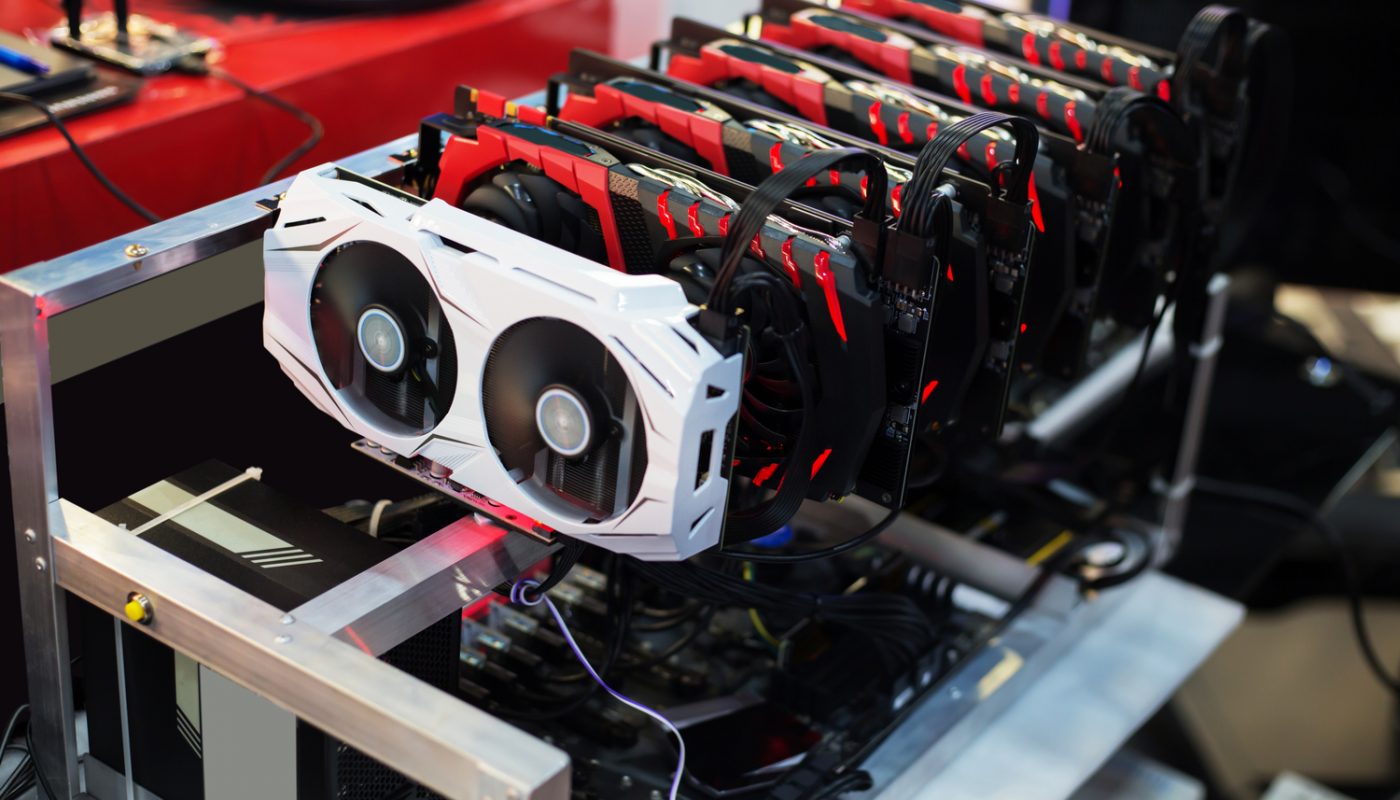Cryptocurrency Mining: How Does It Work and Is It Still Profitable?
Introduction
Cryptocurrency mining has gained significant attention in recent years as digital currencies like Bitcoin, Ethereum, and others have soared in popularity. Mining involves validating transactions on a blockchain network and adding them to the public ledger. In this article, we will explore how cryptocurrency mining works and whether it is still profitable in today’s landscape.
What is Cryptocurrency Mining?
Cryptocurrency mining is the process of using powerful computers to solve complex mathematical problems that validate and secure transactions on a blockchain network. Miners compete to solve these problems, and the first one to find the solution gets rewarded with a certain amount of cryptocurrency.
How Does Cryptocurrency Mining Work?
Cryptocurrency mining requires specialized hardware known as mining rigs or ASICs (Application-Specific Integrated Circuits). These rigs are designed to perform repetitive calculations quickly and efficiently. Miners also need access to cheap electricity and a stable internet connection to run their operations.
When a transaction occurs, it is broadcasted to the network. Miners collect these transactions and organize them into blocks. They then attempt to solve a mathematical puzzle, known as the proof-of-work, by finding a hash that meets certain criteria. The miner who solves the puzzle first broadcasts the solution to the network, and other miners verify it.
Once the solution is verified, the block is added to the blockchain, and the miner receives a reward in the form of newly minted cryptocurrency and transaction fees.
Is Cryptocurrency Mining Still Profitable?
Whether cryptocurrency mining is profitable depends on various factors such as the cost of electricity, the price of the cryptocurrency being mined, the mining hardware efficiency, and the competition level in the network. In the early days of Bitcoin, mining could be done with a regular computer, but as the network has grown, the difficulty of mining has increased significantly.
Today, mining Bitcoin with consumer-grade hardware is no longer profitable. The mining industry has become highly specialized, with large-scale mining farms using powerful ASICs and taking advantage of economies of scale. These farms have access to cheaper electricity rates and can mine more efficiently, making it harder for individual miners to compete.
However, there are still opportunities to mine other cryptocurrencies with lower competition levels. Coins with less market capitalization and lower mining difficulty can be more profitable for small-scale miners. Additionally, some cryptocurrencies have adopted alternative consensus mechanisms, such as proof-of-stake, which doesn’t require intensive computational power.
Conclusion
Cryptocurrency mining is an essential process for securing blockchain networks and validating transactions. While mining Bitcoin and other popular cryptocurrencies may no longer be profitable for individual miners, there are still opportunities in mining alternative coins or participating in other consensus mechanisms. As the cryptocurrency landscape continues to evolve, staying informed about the latest trends and developments is crucial for anyone interested in mining.



